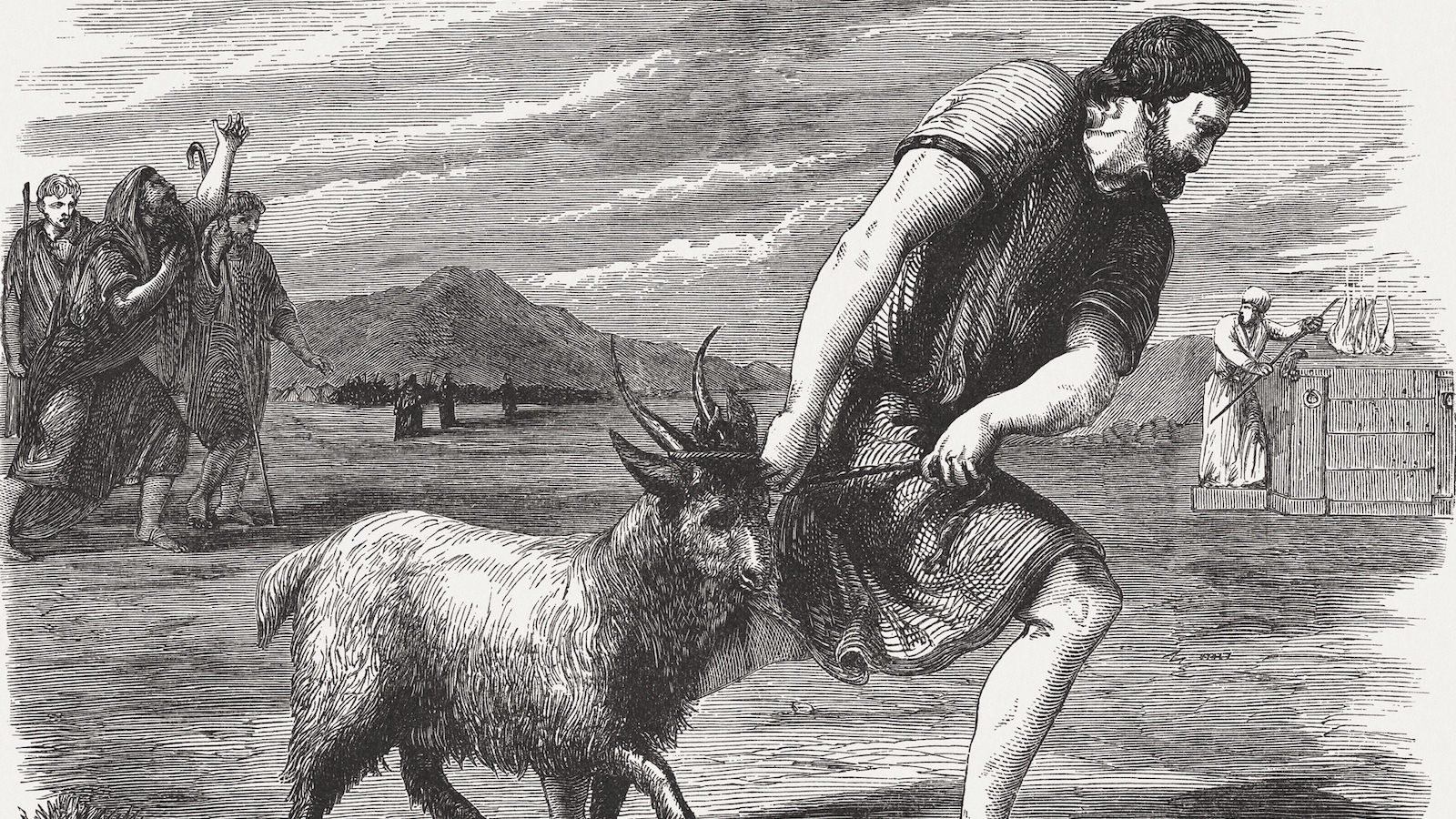Commentary on Parashat Vayikra, Leviticus 1:1-5:26
Parashat Vayikra imparts a deep sense of how integral the tradition of sacrifice was to the Israelite community. The ritual served many purposes: it was a means of celebration and thanksgiving, as well as a step in the process of expiation for sins. No matter his or her means, every community member was expected to make individual sacrifices and to participate in communal offerings (Leviticus 5:11).
Yet it is clear from commentaries and the writings of the prophets that not everyone agreed about who should make sacrifices. Take the prophet Micah, for example:
“With what shall I approach the Lord, do homage to God on high? Shall I approach Him with burnt offerings, with calves a year old?…He has told you, O man, what is good, and what the Lord requires of you: Only to do justice and to love goodness, and to walk modestly with your God” (Micah 6:6-8).
Though Micah does not reject sacrifices entirely, he, like many other prophets, believes that the act of making a sacrifice accomplishes nothing if one does not lead a righteous life. According to Micah and the other prophets, if a person’s heart is in the wrong place, if one’s intentions are tainted, God doesn’t want the sacrifice offered. This principle sharply limits the number of people who would participate.
With your help, My Jewish Learning can provide endless opportunities for learning, connection and discovery.
A Familiar Tension
Yet many Israelites felt that sacrifices should be obligatory. They felt that broad participation was important, and struggled to engage their whole community in these rites. They believed that those who did not feel compelled to participate on their own needed to be pushed to do so.
Rashi highlights the tension between coercing participants and preferring that they offer sacrifices willingly in his analysis of the phrase “He shall bring it” (Leviticus 1:3). Rashi explains that this means “they must coerce him until he says ‘I am willing.’”
This tension is familiar to us today as we try to engage our communities in work for social justice: how can we simultaneously reach a broad audience while ensuring participants are there for the right reasons?
We want volunteers and supporters to take action because they feel morally compelled, because they are committed with pure hearts. Yet there are times when action is necessary despite one’s motives: in building a movement, we need a broad base of support and simply do not have the same power as individuals as we do as a collective. So we play up the social aspects of a rally, encourage people to attend even if they aren’t yet committed to the cause.
Striking the Right Balance
The question that Micah grappled with remains: how significant is an action if it comes from questionable intentions? Do we really desire the participation of people who attend a rally out of guilt or self interest instead of solidarity? Their presence did, after all, help pressure the government to increase funding for AIDS education or push for Global South debt cancellation!
Ultimately, these two approaches are not separate and irreconcilable poles: we must seek balance. Too much purity of intention will lead to a movement righteous in principle but weak in influence. A base without deep commitment may suffice for a specific short-term campaign, but is not sustainable for long-term movement-building.
The compromise lies in the fluidity of human motivation. While the prophets demand a pure approach to sacrifice from the get-go, Rashi is willing to accept good actions motivated by less than ideal intentions under the assumption that they will evolve.
This idea is supported by the principle of “naaseh v’nishma–we will do and we will understand” (Exodus 24:7). It is in the act of doing that understanding and commitment can grow. The student who first attended a rally because his friends were going will hopefully develop his own commitment to working for justice by attending, learning, and being part of a passionate communal movement.
We must embrace those who participate so that their commitment may grow, consistently pushing for more, compelling without coercing. We must work towards the vision for which Rav Safra prays:
“May it be Your will, Adonai our God, to establish peace among the celestial family and among the earthly family and among the disciples who occupy themselves with Thy Torah whether for its own sake or for other motives; and may it please You that all who do so for other motives may come to study it for its own sake!” (Brakhot 17a)
Provided by American Jewish World Service, pursuing global justice through grassroots change.
Adonai
Pronounced: ah-doe-NYE, Origin: Hebrew, a name for God.
Torah
Pronunced: TORE-uh, Origin: Hebrew, the Five Books of Moses.



